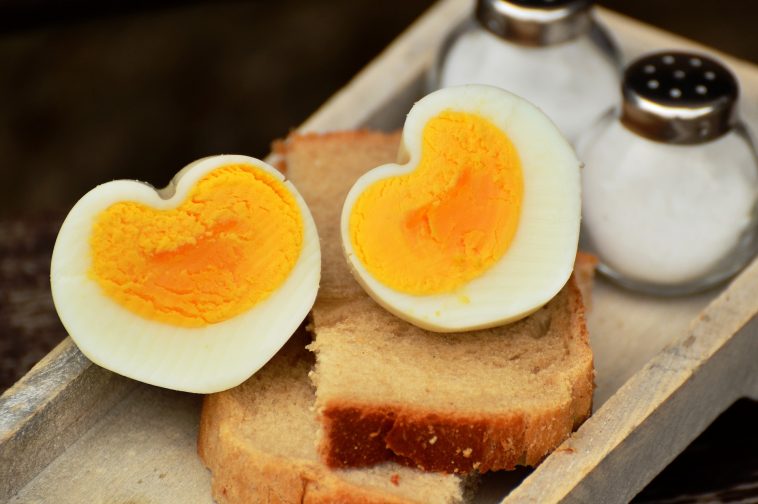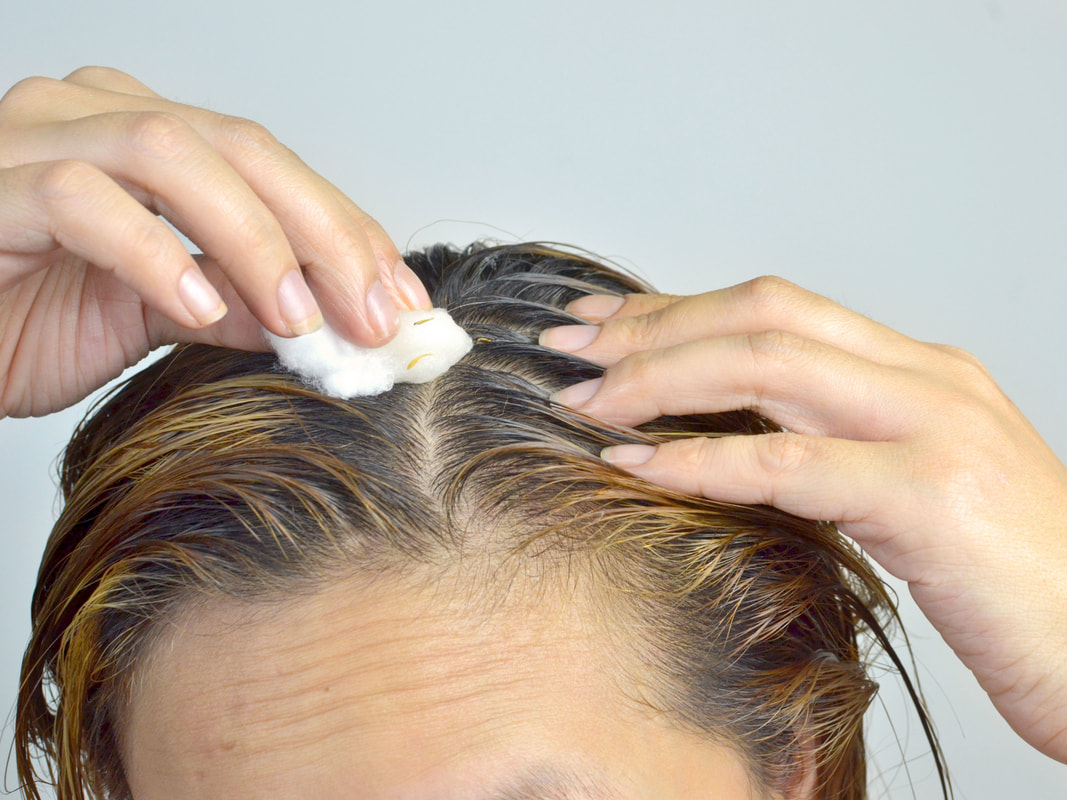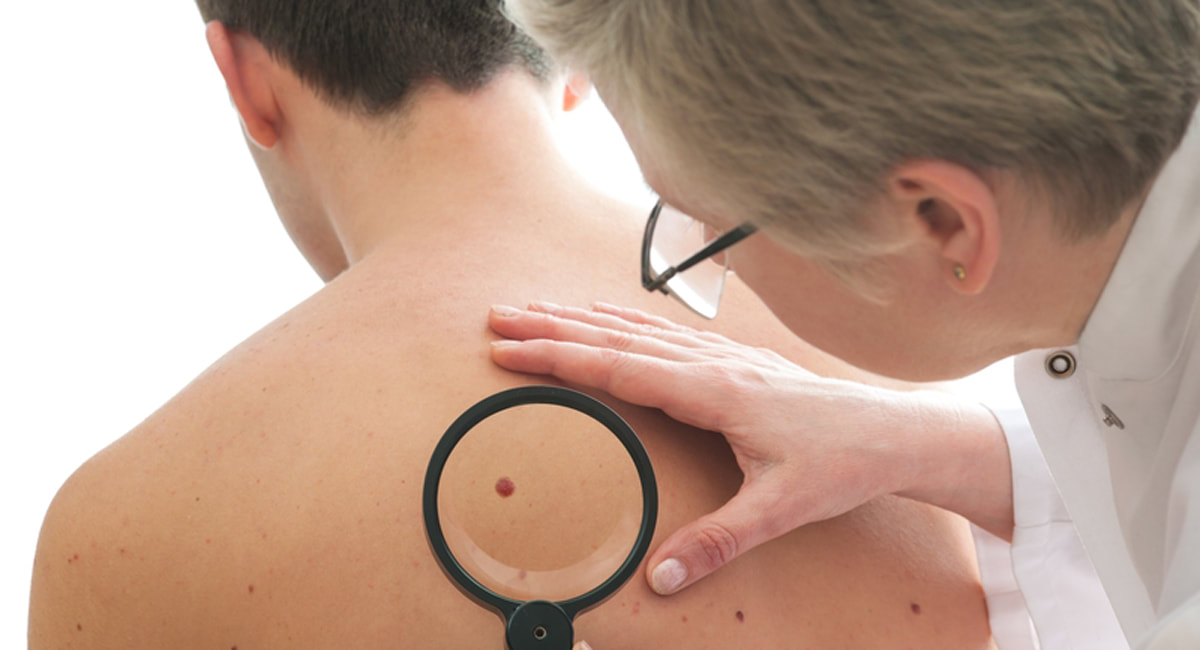|
Eggs are increasingly used nowadays without the egg yolk as we falsely believe that yolk contributes to increase in body weight of an individual. A new study has found that this practice of discarding the egg yolk to maximize dietary protein intake is disadvantageous.
In reality, egg yolk contains protein and some other nutrients that are not present in egg whites. The yolk also is said to contain a component that helps the body to utilize the available protein in the muscles. The study further suggests that eating protein that is naturally available, like in egg yolk, is more advantageous to our muscles instead of acquiring protein from isolated protein sources as discussed at https://www.sciencedaily.com/. Study Environment & Results The study involved 10 men who performed resistance training exercise and then consumed egg whites containing 18 grams of protein or whole eggs. Researchers injected these individuals with two important amino acids and took repetitive blood and muscle biopsy samples to study their appearance and the effect of these amino acids in protein synthesis in muscles before and after resistance exercise and training. Eating whole eggs or only the egg white provided an individual with the same amount of dietary amino acids in the blood, almost 60-70% was available to build new muscle protein. But, measure of protein synthesis in the muscle offered a drastically different response-eating whole eggs immediately after resistance training lead to greater muscle-protein synthesis than eating egg whites. This study shows that simply adding fat to a protein source in the diet after exercise is not going to boost protein synthesis in any way. Recently, nutritionists and dietitians have been stressing the importance of protein nutrition and even research shows that we need more protein in the diet than that we assumed to be enough for our body sometime back. To fulfill this need, inexpensive protein sources work best and eating egg protein in its natural environmental existence is more useful that getting isolated protein. Coconuts have been relished for their taste and used in food preparations in tropics since ages. We enjoy drinking coconut water, eating coconut flesh or coconut milk. Claimed as a superfood with medicinal properties, where exactly do they stand in the nutrition sector?
Coconut for Weight Loss Internet claims made every other day that coconut oil helps in weight loss is a myth. These sites claim that coconut oil helps to do away with body fat equating it to a semi-synthetic laboratory product known as MCT oil. MCT oil is used in tube feeding or for malnourished people as this oil is directly absorbed by the liver making it easy to use it rapidly for fuel compared to other fats. While certain studies point to the fact that MCT oil might help in weight loss, there do exist side effects such as nausea, stomach cramps and diarrhea. If biting on some coconut flesh could aid in weight loss, then its well and good. But no study has established the benefits of coconut oil on hunger, satiety or fullness. Heart Disease Studies in fact, show that coconut oil raise LDL (bad) cholesterol which can increase the risk of heart disease compared to corn, safflower or sesame oil. It can only be claimed that coconut oil is slightly better than butter. The website https://blog.ifis.org/ can help you with further details. But, evidence also exist showing that people who lived a traditional lifestyle relying on coconut oil as the primary source of fat indicated decreased levels of heart disease. Except for this, coconut oil does not seem to have any positive effect on diet and activity. Bacteria & Virus Internet sites claim coconut oil to be helpful in killing bacteria, fungi and virus due to the presence of monolaurin, a compound derived from lauric acid. For certain types of infection monolaurin oil is proclaimed to be useful, but this cannot be exponentially used to make claims on coconut oil as we don’t even have evidence supporting the fact that our body can make monolaurin from coconut oil. We have only been able to find a manufactured form (glycerol monolaurate) of monolaurin in coconut oil which is believed to have emulsifying and moisturizing properties which makes coconut oil useful in manufacturing soaps, detergents and cosmetics. Hair Growth & Repair Even a few journal studies claim coconut oil applied to the hair to have a better penetrating effect on the hair shaft than mineral oil. The advantages and benefits are still to be explored and we cannot come to any conclusions right now. At the same time, coconut oil massaged on the hair is highly unlikely to cause any disastrous effect on body health and hence, it can be definitely used for this reason. Teeth Whitening Agent This is another exaggerated of the idea that coconut oil can kill harmful bacteria. The concept of ‘oil pulling’ became so popular in India some few years back that many oil companies reaped enormous profits using this concept. This practice of swishing oil in the mouth for some 10-30 minutes before spitting it out is practiced in Ayurvedic medicines in our country and is believed to flush away toxins. But, if you feel like having a headache or sick, it can mean that toxins are being removed from your body. There is no authentic scientific evidence supporting this and this practice can never replace proper dental care. Women are always concerned about their appearance compared to men. Of course, nowadays we see more men in salons compared to yesteryears, but the ratio is still higher in the case of women. This concern makes a woman approach a doctor immediately if she notices any changes or rashes in the skin. Women are better protected than men against a deadly form of skin cancer called melanoma that develops from pigment-producing cells called melanocytes.
Few reasons that contribute to the cause of more men being affected by this cancer than women include:
The question here is whether men can also benefit from the effect of estrogen? While there are already few evidences that support the fact that estrogen might benefit men with melanoma, studies show that obese men with melanoma have better response and survival rate to therapy than those with a normal body mass index. This might be because fat tissue produces estrogen and obese men have increased estrogen levels in their blood. But, the same effect was not seen in the case of obese women, suggesting a hormonal link. Hence, estrogen and G-protein coupled estrogen receptor (GPER)-activating drugs might play a pivotal role in improving outcomes in melanoma patients. When these drugs are used along with existing treatment options, they might make immunotherapies even more effective in patients. Stroke can lead to instant death or sometimes leave the patient disabled making the survivor face numerous challenges during the recovery period. A new Asian study has now found that when the person is left disabled after stroke, he/she attempts for suicide if the affected person is young, not from an affluent background or involved in strenuous physical job.
The study was carried on for a period of 10 years during which researchers discovered that people with stroke were 2-times likelier for suicide attempts compared to others. Statistics show that 1,925 patients (among 1.4 million) who did not suffer from stroke tried to commit suicide while 2,140 stroke patients (among 7,13,690) attempted for suicidal. The ratio was almost 0.13:0.3. High-risk Population Suicidal thoughts were strongest among patients:
Physicians are unsure if the physical reaction is the reason behind depression, but think that changes in neurotransmitters, cortisol levels and cerebral blood flow affect the way an individual starts to perceive things and forms intentions. Sadly, depression after stroke remains an area to be studied yet and is mostly underdiagnosed. Either the patient must note his/her symptoms and complain about it to the doctor or the physician must check regularly for signs of any depression. Once discovered, depression needs immediate treatment in such patient. |
AuthorDietitian & Nutritionist Dr. Nafeesa Imteyaz. Archives
May 2020
Categories |
- Home
- Written Testimonials
- Consult
- Clinics
- Blogs
-
Diet & Nutrition
- Diabetes Reversal
- IVF IUI not needed for PCOS PCOD Infertility
-
Medical Nutrition
>
-
Disease & Conditions
>
- Infertility | PCOS
- Diabetes Mellitus
- Cholesterol
- Hypothyroid
- Kidney Problems
- Hypertension
- Cardiovascular Diseases
- Liver Diseases
- Gastro intestinal disorder
- Cancer
- Metabolic Disorders
- Orthopedic Disorders
- Eating Disorders
- Dietary Recall
- Weight Record Filled By Clients
- Online Payment Transaction Details
- Online Clients Weight Check Form
- Our Program Package Service Charges
- Weight Record 2017 Clients
- Measurements sent by Clients
- Terms & Conditions Of Payment
- Thanks. Your Form is Submitted
- Video Testimonials
- Lifestyle & Wellness
- Lifestyle & Wellness Blog
- Allergy & Intolerance
- Weight Loss / Gain
- Weight Loss / Slimming Blog
-
Disease & Conditions
>
- Life Cycle Nutrition >
- Sports Nutrition >
- Integrity in Nutrition
- Knowledge Centre
© COPYRIGHT 2022. ALL RIGHTS RESERVED. FRST HEALTHCARE PVT LTD.
Dr. Nafeesa Imteyaz of First Eat Right clinic, is the Best Dietitian Nutritionist in Bangalore. Best Dietitian Nutritionist in Pune. Best Dietitian Nutritionist in Hyderabad. Best Dietitian Nutritionist in Chennai. Best Dietitian Nutritionist in Mumbai. Best Dietitian Nutritionist in Delhi. Best Dietitian Nutritionist in Kolkata.




